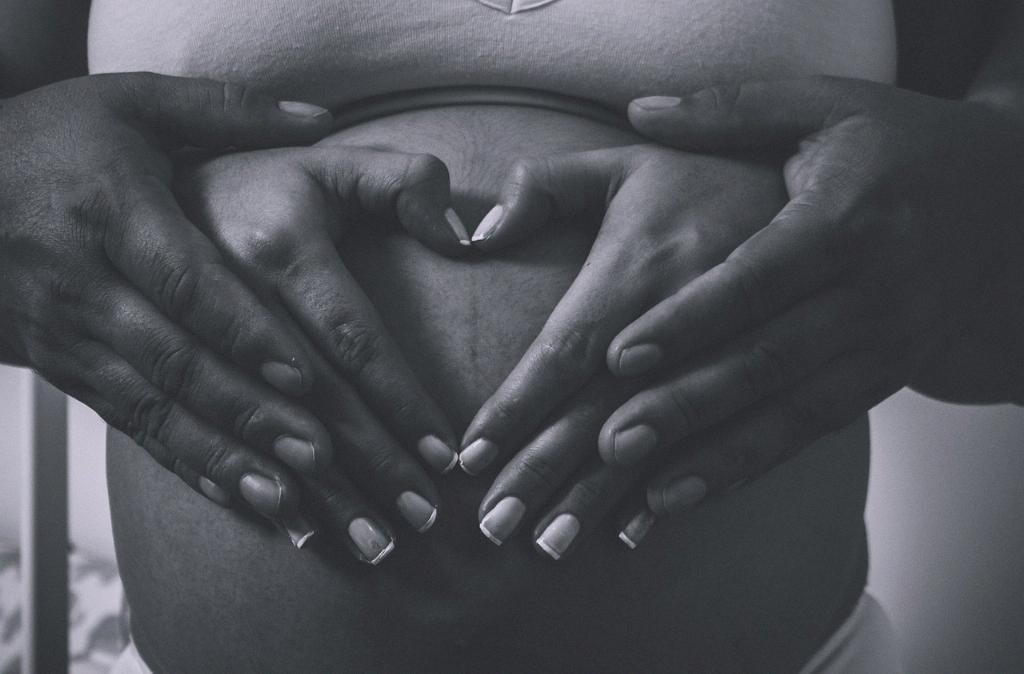When it comes to the topic of postpartum anxiety during pregnancy, there is often confusion and misinformation. It’s important to address the fact that anxiety is not only limited to the postpartum period but can also manifest during pregnancy.
Recognizing the Signs and Symptoms
It’s crucial to be aware of the signs and symptoms of anxiety during pregnancy. These may include constant worrying, feeling on edge, difficulty sleeping, and experiencing panic attacks. It’s essential to seek support if you are experiencing any of these symptoms.
The Impact on Maternal Mental Health
Postpartum anxiety during pregnancy can have a significant impact on maternal mental health. It can affect the mother’s ability to bond with the baby, lead to increased stress levels, and impact overall well-being. Seeking help is vital in managing these challenges.
Coping Strategies and Support
There are various coping strategies and support systems available for individuals experiencing postpartum anxiety during pregnancy. Seeking therapy, joining support groups, practicing relaxation techniques, and maintaining open communication with healthcare providers can all be beneficial.
Addressing the Stigma
It’s important to address the stigma associated with mental health issues during pregnancy. Seeking help for postpartum anxiety is not a sign of weakness but a brave step towards prioritizing maternal well-being and seeking the necessary support.
Role of Healthcare Providers
Healthcare providers play a crucial role in identifying and addressing postpartum anxiety during pregnancy. It’s essential for pregnant individuals to communicate openly with their providers about their mental health concerns to receive appropriate care and support.
Partner and Family Support
Having the support of partners and family members can make a significant difference in managing postpartum anxiety during pregnancy. Creating a supportive environment and encouraging open communication can help in addressing mental health challenges.
Self-Care and Well-Being
Practicing self-care and prioritizing well-being is essential for individuals experiencing postpartum anxiety during pregnancy. Engaging in activities that promote relaxation, getting enough rest, and maintaining a healthy lifestyle can all contribute to overall mental well-being.
Education and Awareness
Increasing education and awareness about postpartum anxiety during pregnancy is crucial in breaking the stigma and providing support to individuals in need. By fostering open conversations and sharing information, we can create a more supportive and understanding community.
Seeking Professional Help
If you or someone you know is experiencing postpartum anxiety during pregnancy, it’s vital to seek professional help. Mental health professionals can provide the necessary guidance, support, and treatment options to manage anxiety effectively.
Empowering Individuals
Empowering individuals to prioritize their mental health and seek help when needed is essential in addressing postpartum anxiety during pregnancy. By fostering a supportive environment and promoting self-care practices, we can enhance overall well-being.
Conclusion
In conclusion, it’s essential to recognize that postpartum anxiety can occur during pregnancy and seek the necessary support and resources to address mental health challenges. By fostering open communication, seeking professional help, and prioritizing self-care, individuals can effectively manage anxiety and promote overall well-being.

